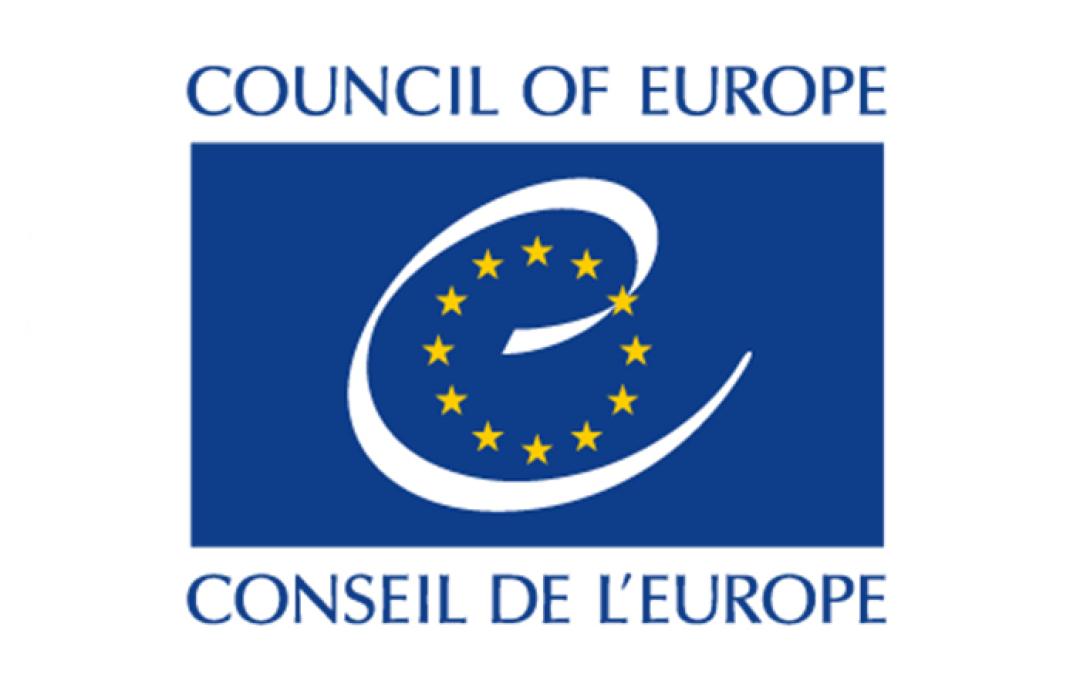
PACE comments on “ignorance” accusations on the humanitarian crisis in Nagorno-Karabakh

“There are many reasons that cause us concern on the territory of the Council of Europe, not only Russian aggression. One of these reasons is the situation between Azerbaijan and Armenia and Nagorno-Karabakh,” PACE head Tiny Cox said answering the question why the organisation ignores the humanitarian crisis in Nagorno-Karabakh and did not apply sanctions against Azerbaijan, which unleashed a war in 2020, as well as Turkey, which sent foreign mercenaries to the war.
“I do not agree that we are ignoring, we are doing what this organisation can do. The conflict as such is not within the mandate of the Council of Europe, but the OSCE and the agreements between the parties involved in the conflict,” said Cox.
He added that “they are closely following what is happening,” and as for Russia, there is a very clear situation there and, according to the assembly and the Committee of Ministers, Russia has crossed the “red line,” which led to such a reaction from the organisation.
“I can’t add anything more, we are very concerned about the situation there (in the Nagorno-Karabakh), but now we must first deal with the Russian issue,” he concluded, outlining the priority in approaches to conflicts.
Unverified films supposedly depicting a large scale movement of military vehicles were shared over social media by the Nagorno-Karabakh Human Rights Defender, who also reported on an Azerbaijani military build-up on the line of contact.
High-ranking authorities in Stepanakert/Khankendi, the de-facto capital of Nagorno-Karabakh, quickly denied the charges, claiming that reports of an Azerbaijani military build-up “do not correspond to reality.”
The Azerbaijani military has been recorded in numerous Armenian-populated villages along the line of contact, allegedly broadcasting threats and urging the Armenian people to flee.
Vahagn Khachaturyan, Armenia's incoming president, stressed that Azerbaijan's "activities" should not deter Armenia from "building peace" in the area.
Some members of the Azerbaijani opposition have also called for military intervention. Former head of the opposition All-Azerbaijan Popular Front Party, Fuad Gahramanli, urged Azerbaijani authorities to take advantage of a "historic chance" to "liberate Khankendi."
According to military observer Adalat Verdiyev, more than 16 months have passed since the signing of the tripartite statement of November 10, 2020, and during this time Armenia has not fulfilled its main obligations under this document:
“In this regard, counter-terrorism activities, as well as military-political pressure from Baku, look normal.
If the peacekeepers do not cope with their tasks, then the Azerbaijani army can take over these tasks. The Azerbaijani Armed Forces, if necessary, can use all available means to expel illegal armed gangs from its territory.
I would call the possible actions of the Azerbaijani Armed Forces in this region nothing else than forcing the Armenian armed forces to fulfil their obligations under the tripartite statement,” Verdiyev said.
“The most suitable conditions have now arisen for Azerbaijan to conduct a counter-terrorist operation. Russia is busy with the war in Ukraine, and it will be too problematic for it to carry out any military actions in another direction,” said Elkhan Shahinoglu, head of the Atlas analytical center.
“In addition, on February 22, Azerbaijan signed a memorandum of alliance with Russia. That document points to the mutual assistance of countries in the fight against extremism and separatism. If Russia wishes to fulfil this point of the memorandum, then it should help Azerbaijan to expel Armenian separatists from its territory – namely the illegal gangs in Karabakh.
Tigran Grigoryan underlined that "I think it is possible that the Azerbaijanis will resort to certain provocations, at least they have already prepared the information background for this in recent days and weeks.
Provocations with shelling and warnings to leave their homes near the village of Khramort and others are perhaps aimed at using the Russian-Ukrainian war as an opportunity to achieve some tactical success on the ground. Therefore, yes, we must be prepared for all scenarios.
All this is part of the long-term strategy of Azerbaijan, the purpose of which is to intimidate the people living in the Karabakh, to force them to leave the territory ‘on a voluntary basis.’”
Additionally, Azerbaijani political commentator Shujaat Ahmadzada said that “the Azerbaijani military was warned through loudspeakers from peacekeeping vehicles (which may also belong to Armenians, it must be stated) and was told to ‘observe the ceasefire, they are waiting for you at home.’
The message is irritating. Because it is irritating, it is easy to manipulate people with theses such as ‘the government sold Karabakh,’ ‘We took Khankendi, they did not leave.’ Such cheap conversations are only intended to earn extra points.
In general, some of the questions that should be asked for a healthy discussion are:
1) Why was the deployment of a peacekeeping contingent in Nagorno-Karabakh an integral part of all peace plans? What is the philosophical essence of this principle?
2) What should be the end result of peacekeeping activities in Nagorno-Karabakh?
3) What exactly makes Russian peacekeepers ‘bad?’ What will make Danish peacekeepers ‘better’ than the Russians?
4) What is the scenario where there are no peacekeepers in Nagorno-Karabakh? What are the plans for 40-50 thousand ethnic Armenians?’”
See Also


Mirzoyan Meets US Deputy Assistant Secretary Joshua Huck

Azerbaijani President Holds Talks with UAE and German Business Delegations on Economic Cooperation

Grigoryan Confirms Armenia’s Readiness to Dissolve OSCE Minsk Group Upon Peace Treaty Signing

Azerbaijani Official Warns of Ecological Risks to Caspian Sea, Similar to Lake Urmia and Aral Sea

